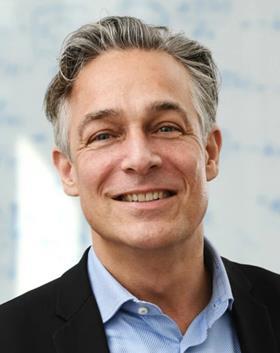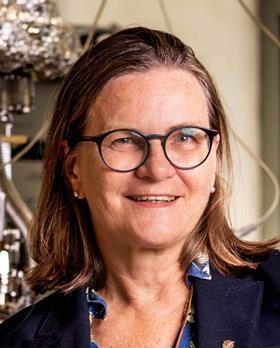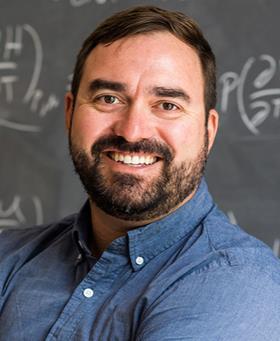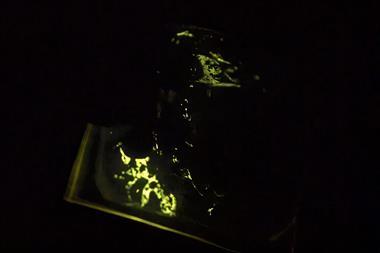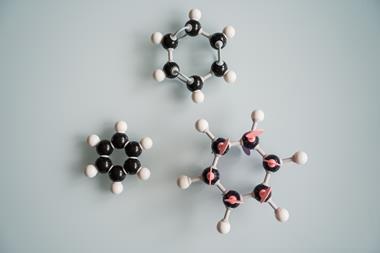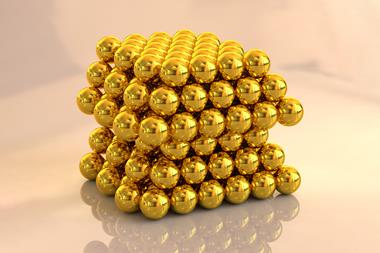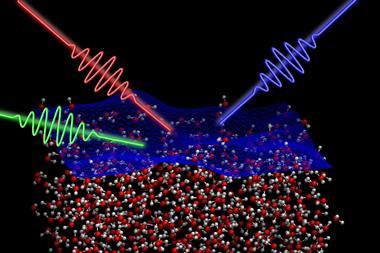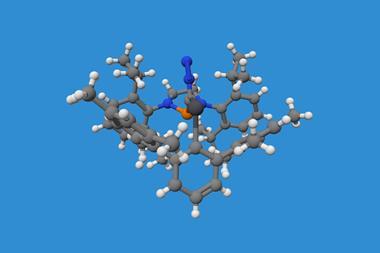Water exhibits unique behaviours at material boundaries that significantly impacts biological systems, environmental phenomena, and industrial applications. Unravelling the complexities of water’s behaviour at interfaces is a topic that requires a multidisciplinary approach, combining both experimental and theoretical work. Delving into the intricate interactions between water molecules and diverse surfaces and understanding how these influence various natural and technological processes is a key motivation for research. This topic was the focus of a recent Faraday Discussion hosted by the Royal Society of Chemistry, which delved into all the latest advancements.
In this hour-long webinar, where the audience had the chance to ask their questions, three distinguished scientists from the Faraday Discussion present their research on the crucial role of water at the boundaries of materials. You will hear how research into this important topic not only enhances our fundamental understanding of water’s behaviour, but also facilitates the design of advanced materials. Watch the recording to hear how this is affecting the development of applications in chemistry and biology, as well as energy, physics, and many more.
This webinar was inspired by the recent Royal Society of Chemistry Faraday Discussion: Water at interfaces, which took place 20-22 September 2023 in London, UK.
Our guest speakers
Mischa Bonn, Professor of polymer research
Mischa Bonn is a director at the Max Planck Institute for Polymer Research, heading the Molecular Spectroscopy Department since 2011. Mischa completed his MSc and PhD at the University and Institute for atomic and molecular physics (AMOLF), Netherlands. After postdoctoral stays at the Fritz Haber Institute, Germany and Columbia University, USA, he became an assistant and later associate professor at Leiden University, Netherlands. In 2004, he returned to AMOLF as group leader. His scientific interests focus on developing and applying laser-based (ultrafast) spectroscopies to advance our understanding of natural phenomena, specifically at interfaces – often involving Mischa’s favourite molecule: water.
Ulrike Diebold, Professor of surface science
Ulrike Diebold received her PhD degree in engineering physics in 1990 from the TU Wien in Vienna, Austria. After working as a post-doc with professor Ted Madey at Rutgers University in New Jersey, USA, she joined the faculty at Tulane University, New Orleans, USA. In 2010 she returned to her alma mater, where she currently holds a full professorship at the Institute of Applied Physics. Since 2022 she is also serving as the vice president of the Austrian Academy of Science. She conducts research in experimental surface science with an emphasis on metal oxide surfaces. She is particularly interested in the atomic-scale properties of these complex materials, and in unravelling their (defect) structure/reactivity relationship.
Adam Willard, Professor of chemistry
Adam Willard is a professor of chemistry at the Massachusetts Institute of Technology (MIT), USA. Prior to joining the faculty at MIT, Adam completed his PhD under the supervision of the late professor David Chandler at the University of California, Berkeley, USA, and carried out postdoctoral studies with professor Peter Rossky at the University of Texas at Austin, USA. Adam’s research is in the area of theoretical chemistry with a focus on studying the molecular structure of interfacial systems.
